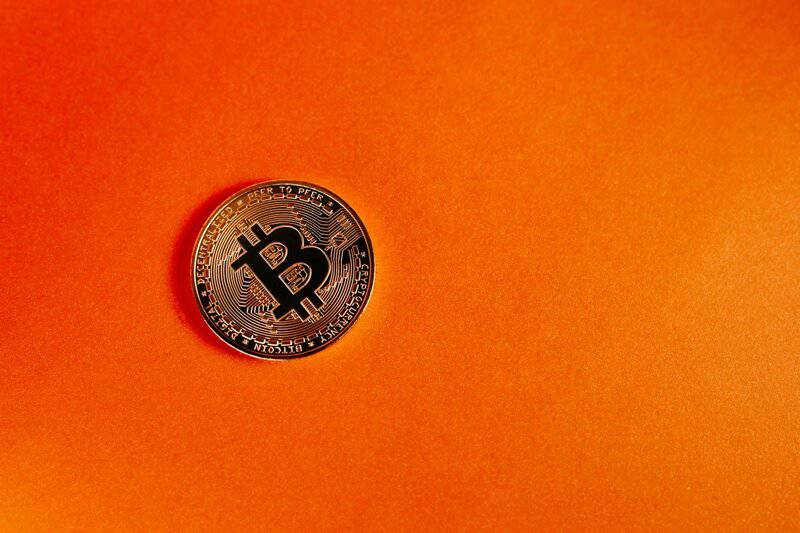Across the globe, a growing wave of frugality is reshaping how millennials approach money and lifestyle choices. In an era defined by economic uncertainty, rising costs, and shifting values, younger generations are rethinking the traditional markers of success. Gone are the days when accumulation and conspicuous consumption reigned supreme. Today, saving, sustainability, and intentional spending are gaining momentum among millennials. This movement isn’t just about pinching pennies—it’s about adapting to new realities, finding purpose, and cultivating financial independence. What drives this shift, and what does it say about our changing world?



















